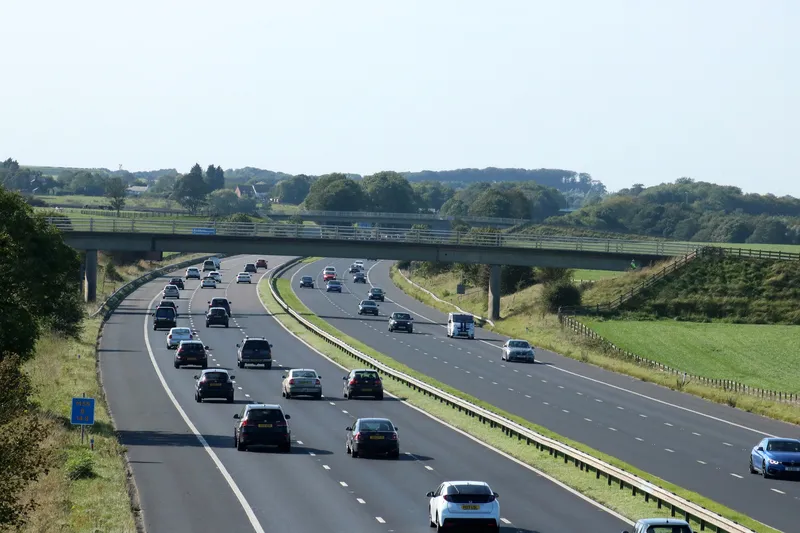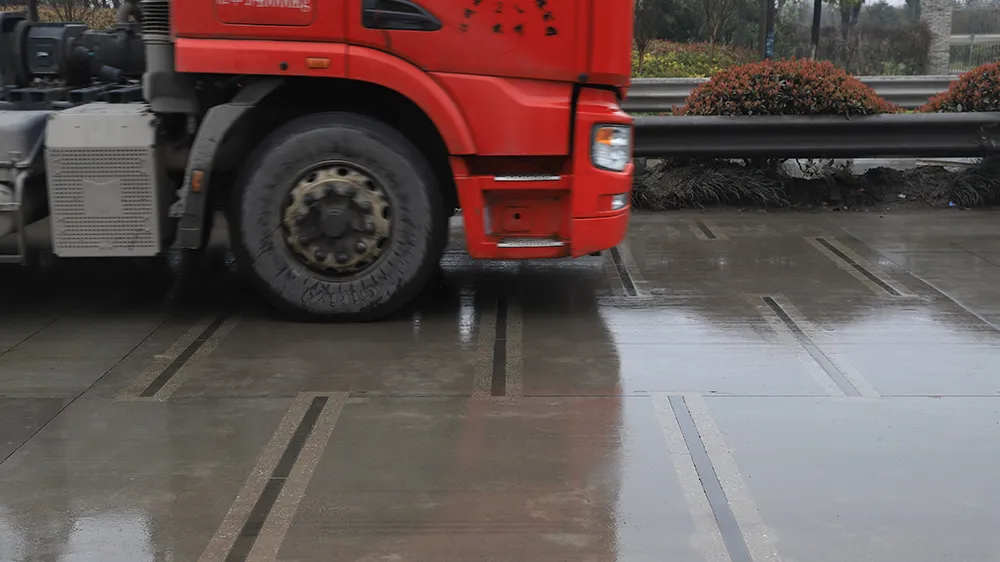Seimens has unveiled a new range of passively safe traffic signal poles that are designed with the intention of offering improved corrosion resistance, longer life and are said to be 50% lighter than equivalent steel poles. The new aluminium poles are CE marked with a specification label confirming key features required by BS EN 12899, including construction material, corrosion resistance and strength characteristics.
The range of types and lengths include straight poles and cranked poles used at pedestrian crossings and all types feature a mid-level termination design, which maintain a standard 114mm mounting diameter over the whole length. In addition, it supports a variety of pole colours including black, grey or silver finish.
Keith Manston, head of product management, said: “
Siemens launches all-new passively safe traffic signal poles
Seimens has unveiled a new range of passively safe traffic signal poles that are designed with the intention of offering improved corrosion resistance, longer life and are said to be 50% lighter than equivalent steel poles. The new aluminium poles are CE marked with a specification label confirming key features required by BS EN 12899, including construction material, corrosion resistance and strength characteristics. The range of types and lengths include straight poles and cranked poles used at
December 13, 2017
Read time: 2 mins










